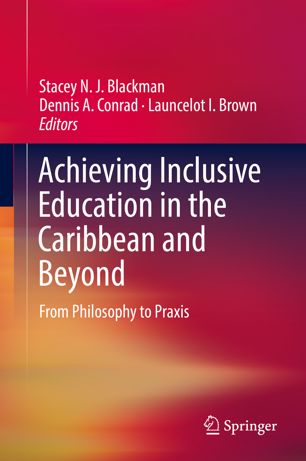

Most ebook files are in PDF format, so you can easily read them using various software such as Foxit Reader or directly on the Google Chrome browser.
Some ebook files are released by publishers in other formats such as .awz, .mobi, .epub, .fb2, etc. You may need to install specific software to read these formats on mobile/PC, such as Calibre.
Please read the tutorial at this link: https://ebookbell.com/faq
We offer FREE conversion to the popular formats you request; however, this may take some time. Therefore, right after payment, please email us, and we will try to provide the service as quickly as possible.
For some exceptional file formats or broken links (if any), please refrain from opening any disputes. Instead, email us first, and we will try to assist within a maximum of 6 hours.
EbookBell Team

4.8
64 reviewsThis book offers an international perspective of philosophical, conceptual and praxis-oriented issues that impinge on achieving education for all students. It sheds light on the historical, systemic, structural, organizational, and attitudinal barriers that continue to be antithetical to the philosophy and practice of inclusive education within the Caribbean. The first section of the book examines how globalized views of inclusion informed by philosophical ideas from the North have influenced and continue to influence the equity in education agenda in the region. The second section considers how exclusion and marginalization still occur across selected Caribbean islands. It provides both quantitative and qualitative data about the nature and experience of exclusion in selected Caribbean islands, the UK and USA. The third section tackles the practical realities of transforming education systems in the Caribbean for inclusion. In particular, it identifies teacher practices as the main site of interrogation that needs to be tackled if inclusion is to be successful. The fourth and final section examines the contribution of principals and exemplars to the development and advocacy for inclusive education. It discusses how educational leadership is understood, as well as the role of school principals in making inclusion a reality in schools, the challenges experienced and the qualities of education leaders.